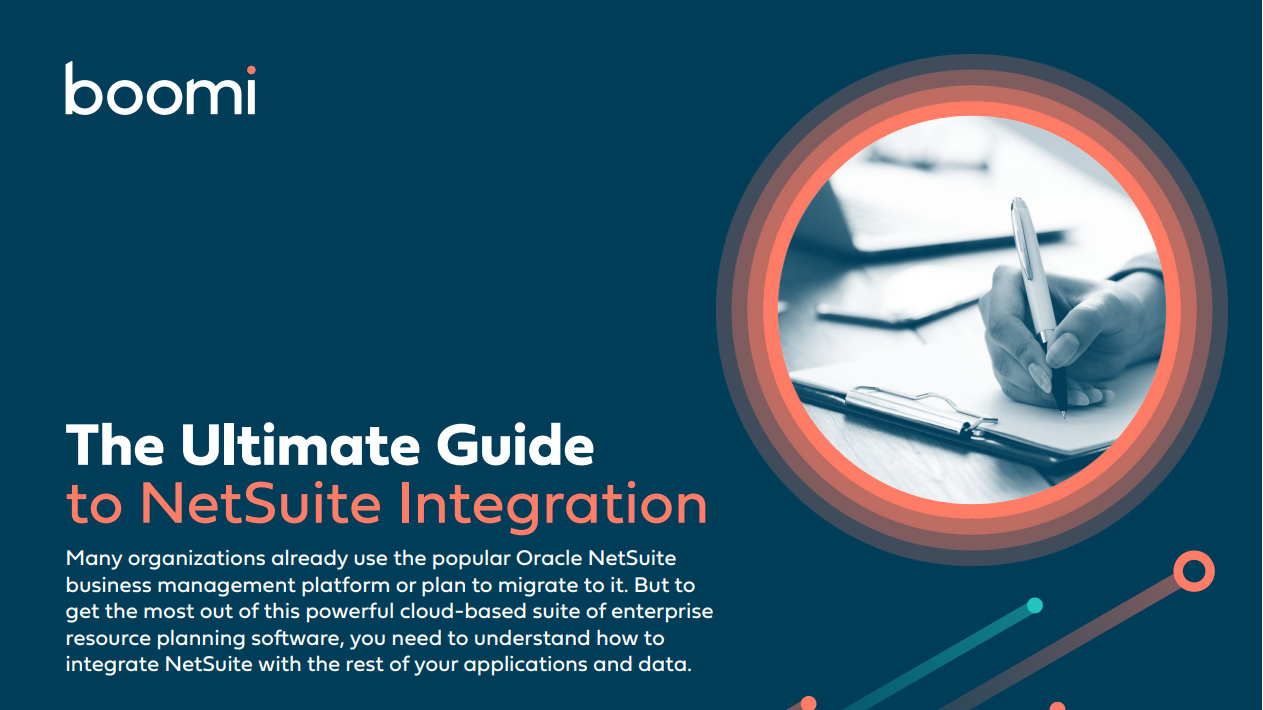SAP HANA must navigate fears around licensing and skills
Research: HANA is a business driver, but SAP has more to do to help users

SAP customers face a confusing array of options and a lack of clarity around licensing when they approach adopting HANA, the company's in-memory data processing platform.
This is according to research conducted by SAP HANA implementation specialist Centiq, which surveyed 250 UK HANA users across industries including financial services, manufacturing and retail.
While HANA adoption is accelerating among SAP's customer base, users face real challenges too from a variety of deployment choices to concerns over how SAP will license their usage, discovered Centiq's State of SAP HANA Report, which was released yesterday.
"When SAP HANA launched in 2011, many initially struggled to create compelling business cases or measurable ROI," said Centiq COO Matt Lovell. "Seven years later, this has changed."
Now, 61% of organisations are adopting HANA to process data faster to inform decision-making, while 60% want to integrate data from different sources, and 59% want to use it to gain greater customer insights.
However, while three-quarters of HANA deployments are delivered on time and on budget, concerns remain for businesses that are still considering whether or not to adopt it.
Direct access to HANA applications was a key concern for 86% of respondents, despite SAP's attempts to address ambiguity around its licensing last year.
Sign up today and you will receive a free copy of our Future Focus 2025 report - the leading guidance on AI, cybersecurity and other IT challenges as per 700+ senior executives
Customers are concerned they will be stung in audits for access to SAP systems that are not covered by their per-user licensing agreements, and SAP introduced exceptions for read-only data and some transactions last summer to try and address the problem.
But Paul Cooper, chairman of the UK & Ireland SAP User Group, told IT Pro: "We are still waiting to see the broader picture talking about other business processes that weren't in that initial announcement from SAP.
"There's the whole IoT piece [that needs resolving] and implications around Leonardo [SAP's product group for new tech like AI and blockchain]. It would be great when new solutions are announced that SAP would talk about licensing then too."
Changing skills
Skills is another obstacle customers must overcome, with 94% citing it as a barrier. Confusion over what skills are needed is also a problem, with respondents working in data roles citing a lack of cloud infrastructure skills, while 70% of COO respondents identifying a lack of business process change talent.
Meanwhile, 68% of CIOs said more knowledge of SAP's HANA-based ERP suite, S/4 HANA, was required.
Centiq surmised that the new skills necessary are more business-based than IT-based, with only 58% of respondents saying they need HANA database skills, and 59% requiring cloud skills. In fact, just 24% of HANA projects were led by IT this time out, compared to 52% in the last report.
SAP User Group chairman Cooper said the state of the economy and worries around future prosperity have played their part in this shift.
"Business cases are having to be more robust than they have been before in terms of pay back and user benefit," he said, "so it doesn't surprise me that business users are having more of a say in that because there's a finite pot will be spent and organisations don't want to be making the wrong decisions."
Cloud
SAP has already announced a 2021 end-of-life for its on-premise Mobile Platform, and organisations can only enjoy support for the vendor's ERP suite ECC 6.0 until 2025.
With SAP trying to push as many customers towards the cloud as possible, however, users are still confused about their options.
Most are deploying HANA in a public cloud like AWS, or on both public cloud and on-premise. Just 6% are running production workloads in SAP's cloud.
"Public cloud dominates over SAP cloud because organisations are looking for more than just SAP HANA," the report stated. "For organisations to get the maximum ROI from their SAP HANA deployment, they must be able to link it to other services, for example Enterprise Content Management (ECM), fulfillment and customer experience, which are already hosted on public cloud."
-
 What is Microsoft Maia?
What is Microsoft Maia?Explainer Microsoft's in-house chip is planned to a core aspect of Microsoft Copilot and future Azure AI offerings
-
 If Satya Nadella wants us to take AI seriously, let’s forget about mass adoption and start with a return on investment for those already using it
If Satya Nadella wants us to take AI seriously, let’s forget about mass adoption and start with a return on investment for those already using itOpinion If Satya Nadella wants us to take AI seriously, let's start with ROI for businesses
-
 SAP wants to take data sovereignty to the next level with new 'on-site' infrastructure options
SAP wants to take data sovereignty to the next level with new 'on-site' infrastructure optionsNews The cloud computing giant will allow customers to host SAP-managed infrastructure directly within their own facilities
-
 The business value of Dell PowerFlex
The business value of Dell PowerFlexWhitepaper Minimize downtime and boost the productivity of IT staff with software-defined infrastructure
-
 Dell Technologies continuously modern storage
Dell Technologies continuously modern storageWhitepaper Maximize the value of your data
-
 Bring your storage from ground to cloud
Bring your storage from ground to cloudWhitepaper Dell APEX Storage for public cloud
-
 Three innovative technologies to address UPS challenges at the edge
Three innovative technologies to address UPS challenges at the edgeWhitepaper With increasing focus on edge computing comes added pressure for better uninterruptible power supply (UPS)
-
 Mapping the digital attack surface
Mapping the digital attack surfaceWhitepaper Why global organizations are struggling to manage cyber risk
-
 The right workload in the right cloud: Your cloud. Your terms.
The right workload in the right cloud: Your cloud. Your terms.Whitepaper Looking to get more from your cloud experience?
-
 The ultimate guide to Netsuite integration
The ultimate guide to Netsuite integrationwhitepaper Download this eBook and get the most out of this powerful cloud-based suite of ERP software